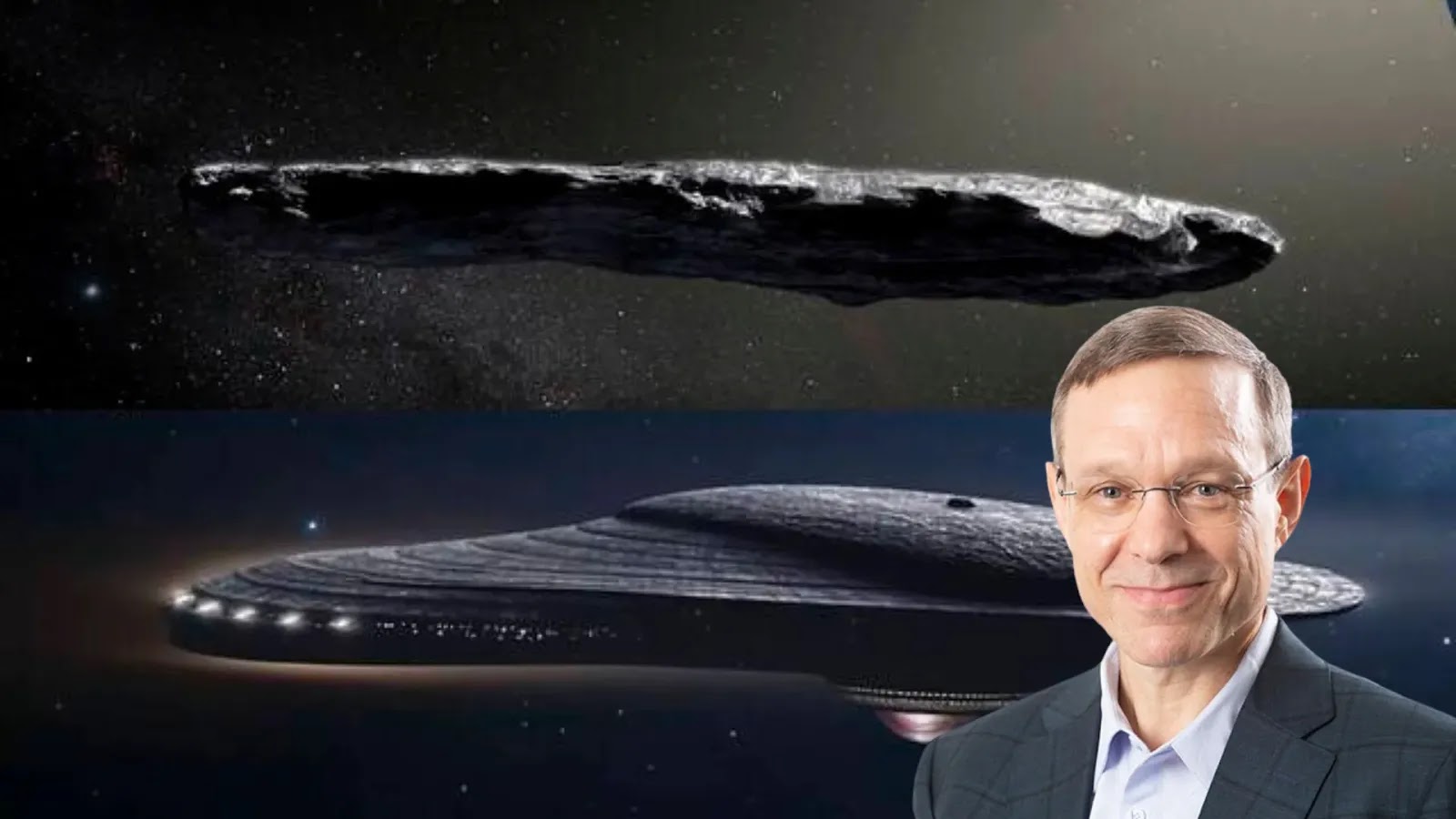A Harvard scientist suggests the mysterious Oumuamua space rock could be alien technology.
Since its discovery in 2017, the mysterious space rock known as Oumuamua has captured the imagination of scientists and hobbyists alike. A prestigious Harvard scientist's claim that Oumuamua may not simply be an asteroid or comet, but rather remnants of alien technology , has added an intriguing chapter to the already fascinating story of this interstellar object.
An Unprecedented Discovery
The object, which measures approximately 400 meters long and has a shape similar to that of a cigar, moves at a speed exceeding 87 kilometers per second. This space rock was initially classified as an asteroid or comet. However, Oumuamua's uniqueness lies not only in its unusual shape and speed, but also in the fact that it is the first interstellar object observed within our solar system.
The Avi Loeb Hypothesis
Professor Avi Loeb, a renowned Harvard scientist, has proposed a bold theory that challenges the conventional interpretation of Oumuamua. According to Loeb, Oumuamua's peculiar characteristics, including its elongated shape and dynamic behavior during observation, suggest that it could be a form of technology produced by advanced extraterrestrial intelligence . Loeb lays out this hypothesis in his recently published book, arguing that Oumuamua could be remains of an alien technological artifact, possibly debris launched into outer space by advanced civilizations.
A Scientific Debate
Loeb's perspective has generated intense debate within the scientific community. While some researchers maintain a skeptical view, considering Oumuamua as just another natural phenomenon within the vast diversity of space objects, others are intrigued by the possibility that this object could offer direct evidence of the existence of intelligent extraterrestrial life. This debate underscores the continuing mystery surrounding Oumuamua and the desire to better understand interstellar phenomena.
If Loeb's Oumuamua hypothesis were confirmed, it would have profound implications for our understanding of the universe and the existence of life beyond Earth. Not only would it reinforce the idea that we are not alone in the universe, but it would also provide valuable knowledge about extraterrestrial technologies and civilizations.
Conclusion
Although there is still no consensus among
scientists about the nature of Oumuamua, the hypothesis raised by Professor Avi
Loeb invites deeper reflection on the possibilities of our universe. Regardless
of its true nature, Oumuamua remains a fascinating reminder of how little we
know about interstellar space and the wonders waiting to be discovered.






.jpg)
0 Comments